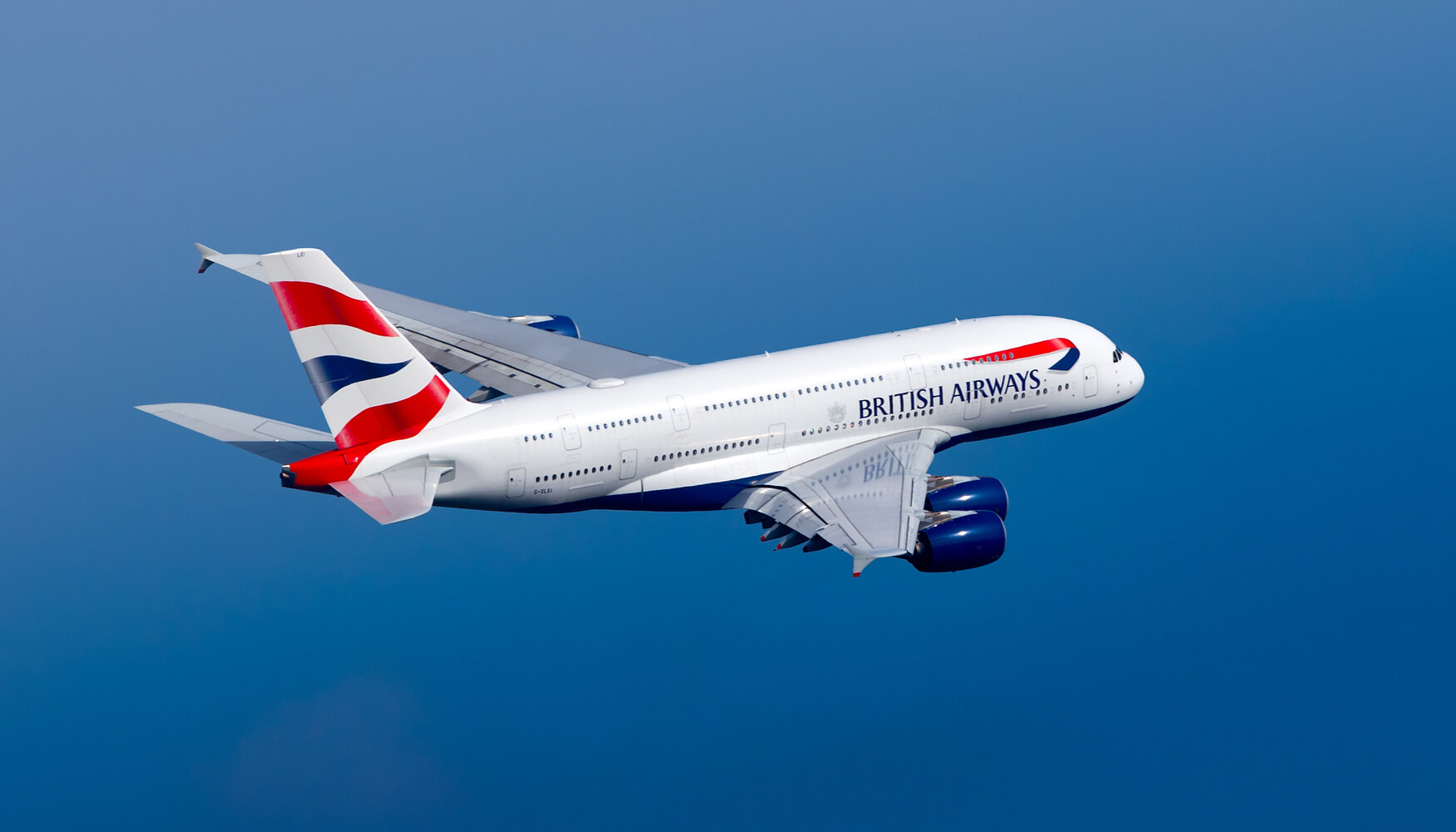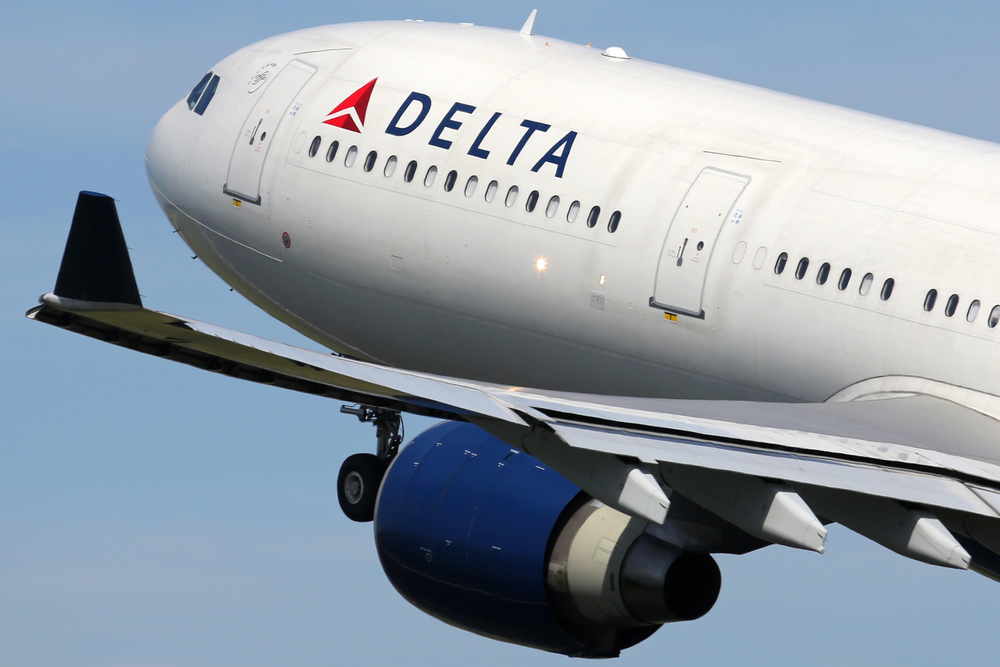What Emergency? ‘Sleeping Pilots’ and the Sensationalism of Aviation News

I don’t know if you caught it, but an incredible aviation story broke last week. The initial reports had it that sleeping pilots caused a Delta Air Lines operated charter flight en route from Germany to Kuwait to lose contact with ATC “for at least an hour” as it left Albanian airspace, drifting into that of Greece’s, causing fighter jets to scramble.
It gets better. After visual confirmation of both pilots sitting upright, one jet flew in front and attempted to alert the cockpit via light signals. The second flew to the side, gaining the attention of passengers and flight attendants, who then knocked on the cockpit door to alert the pilots.
“Wow! That’s some pilot careers ended,” was my first thought. I could only imagine how they must have felt when they realized what they’d done. What a way to wake up! What an extreme, incredible screw-up! Which is why the story nagged at me…
Then I heard Delta was denying it happened -– all while the story was being discussed on crew forums, where one person claimed the story was “credible” and confirmed by “testimony of actual passengers that were on that flight and helped bang on cockpit door” and that Delta was just trying to cover up. The plot was thickening!
The first thing I noted was that most of the sources were not exactly sites I’d go to for news [Editor’s Note: FlyerTalk explicitly did not cover it due to concern that details were sparse and sensationalized], save The Aviation Herald, which contained none of the jaw-dropping details (but some of the assertions in the comments).
Of course, Delta would have reason to want to “shut the media up” about a goof like this, but here is what kept bothering me: I don’t deny fatigue is a huge issue for cockpit and cabin crews alike. However, even when it’s 4 a.m. and I feel like I’m going to collapse and I finally I get my turn to nap in the relative comfort of the nicest crew bunk, proper sleep is a rarity. A series of brief cat naps is most often what one attains — and I’m one of the better sleepers.
You’re telling me that two pilots both fell dead asleep, sitting upright, in the afternoon, so hard that they did not hear radio calls, hear fighter jets, or see their lights “for over an hour”?!
Come to think if it, the claim that passengers would “help bang on the cockpit door” sounded odd. It’s possible, of course, but I did wonder … would the crew need help from passengers to bang on the door? Was the plane staffed with flight attendants incapable of banging on a door properly themselves? That sounds like a scene of bedlam, but as a crew member, you’d actually want to make sure you keep as much calm and control in the cabin as possible. (After all, the plane was flying in a controlled fashion. In that scenario, I’d investigate with concern, not full-on panic.)
When I approached the person who cited “actual passenger testimony,” he provided a contact. While I waited for her response, I was able to speak with Michael R. Thomas from Delta’s corporate communications office in Atlanta, who was kind enough to talk me through the incident. His account was detailed and quite satisfying. The main takeaways are that Delta does not deny the event took place but asserts that the fault lies not with sleeping pilots but with a miscommunicated frequency (it happens), that the flight was out of contact for more like 30 minutes (not “at least an hour”), and at no point did it leave its planned route.
While not explained in such detail, these points are reflected in Delta’s official statement:
While transiting to Greek airspace, the flight crew of Delta flight 8957, a charter operation from Hahn, Germany to Kuwait, was unable to establish radio communications with Greek air traffic control for a short period. This occurred during a handoff between air traffic control agencies and communications were expeditiously reestablished. At no point did the Boeing 767-400ER leave its planned route of flight.
When I brought up the claim of a passenger who “helped knock on the door,” Mr. Thomas pointed out that, if true, this claim would not negate the corrected story. As a crew member, I’m surprised I did not realize that myself. The pilots could be in the cockpit working on finding the right frequency at the same time that passengers and crew were being alerted to the situation by the jets. The pilots’ most pressing responsibility would be re-establishing contact, not calling the flight attendants, especially if the pilots did not know the cabin had become aware and/or alarmed. Unless and until there is a direct conversation, cockpit and cabin crews often don’t know what’s happening with each other at all. This is the greatest day-to-day safety challenge we have.
Meanwhile, the contact who could tell me more about the passenger testimony did get back to me -– to say she had no knowledge about this particular flight at all! She had merely said that years ago when working as a purser she would check on the cockpit every 45 minutes and that “more than once” she found one sleeping and the other one struggling. She also mentioned that in those years, “the length of our duty times sometimes exceeded 20 hours.”
I am not here to argue about whether pilots do or don’t struggle to stay awake at times, but this wasn’t the smoking gun for the story that I was promised. Rather, it possibly reflected where the it had come from in the first place -– one claim from one person who felt sure or guessed about the explanation, which some reporter ran with and others took from there.
Since the original story, I have seen a (very) few corrections posted, but the original reports are still being heavily shared, and I see a lot of skepticism remaining about Delta’s version of the story. Fair enough, as none of us were there. But sometimes when a story sounds incredible, I’m inclined to suspect it is.
*Note: The person who claimed to have seen actual passenger testimony has indicated he can get more information, though I have yet to receive it. If this comes my way I will update the post.
To discuss this story, check out this FlyerTalk forum.
[Photo: DALPA/ECA]
























@Flyer1M: They're not making the $200-300/hr anymore. Either way, I'd agree. They're working far fewer hours than the average stiff, even fewer hours than the average surgeon. Time zones and jet lag certainly are real, but business travelers are subject to the same issues. Airlines' increasing insistence in using Autopilots doesn't help the situation. I can say this from experience, both in the cockpit AND behind the wheel in semi-autonomous cars. I've found myself napping in both.
Sadly the FAA is way behind many of the world's other aviation regulatory bodies. Most other countries/airlines allow "Controlled Rest" in the flight deck. Properly used it is a huge improvement in the alertness levels for the pilots at critical times of a flight, like approach and landing. It also ensures that a flight attendant will check on the flight deck at least every 20-30 minutes so that a case of both pilots being asleep for an hour becomes far less probable.
These guys make $2-300/hour and work 100 hours (1000 per year) max per month and can't stay awake. They are guaranteed crew breaks and sleep 2-3 hours on the job and yet can't stay awake. Maybe extending the retirement age to 65 wasn't the best idea.